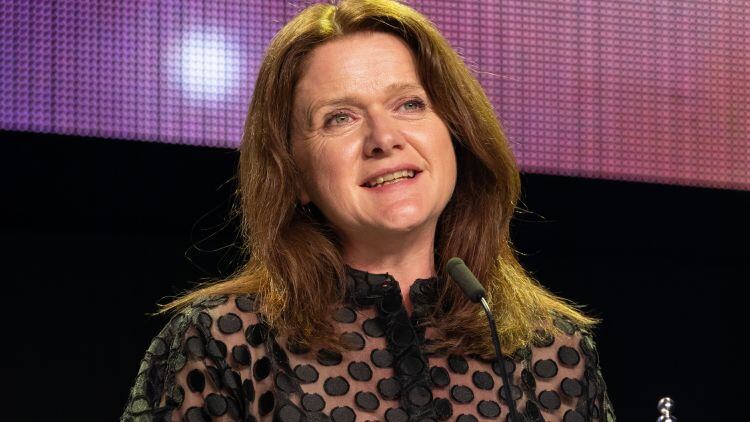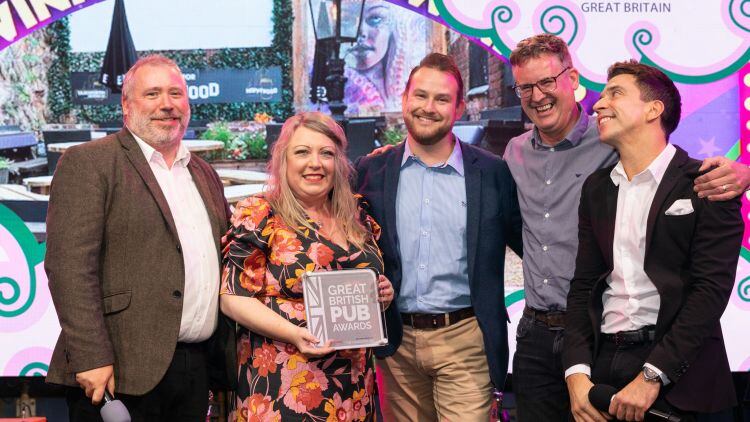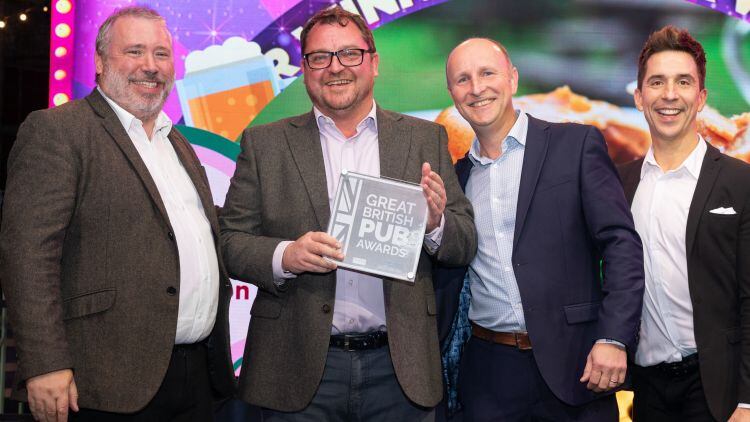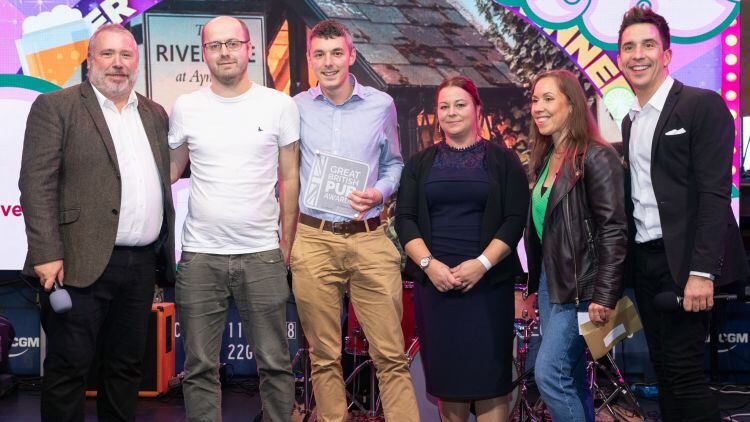UKHospitality’s Sustainability Programme 10 pledges
1. To deliver on 2040 net-zero aims for the sector
2. Roll out the UKH sustainability guide to members focusing on providing SMEs with tips, templates and best practice resources
3. Eliminate unnecessary single-use packaging by 2025
4. Reduce food waste by 50% by 2030
5. Incorporate sustainability skills in relevant training courses and promote the appointment of site-based sustainability champions
6. Support the Hospitality Sector Council’s Sustainability Committee on the delivery of the Hospitality Strategy’s environmental targets
7. Promote sign-up to external pledges, such as the Courtauld Commitment and Plastics Pact
8. Facilitate engagement across supply chains to reduce environmental impacts
9. Promote the roll out of EV charging points across the sector
10. Work with the Hospitality Sector Council to align industry objectives and share best practice among businesses
The trade body’s Sustainability Commitment, which was unveiled at a seminar at the London Marriott Hotel Grosvenor Square on Wednesday 12 October, sets out 10 pledges in four key areas – waste, supply chain, skills and biodiversity. The initiative forms part of a wider drive to help businesses, especially small and medium enterprises (SMEs), make hospitality a leader in sustainability.
An accompanying Environmental Sustainability Guide for the hospitality sector SMEs has also been released. The guide includes practical actions for businesses to take, such as making 100% of plastic packaging reusable, recyclable or compostable; ensuring all employees have completed WRAP’s 15-minute course on food waste; reviewing menus to incorporate more locally produced goods and plant dishes; and engaging with suppliers to source low carbon food alternatives for menus.
Crucial phase
Delegates at the seminar also heard how climate change could impact business models and were told about the strategic levers available to drive decarbonisation of the value chain.
UKHospitality chief executive Kate Nicholls said: “Hospitality has been swift to embrace and accelerate sustainable practices in recent years but we’re entering a crucial phase in dealing with climate change, which makes our new Sustainability Commitment vitally important if we’re to deliver on 2040 net-zero aims for the sector.”
Environmental targets
Nicholls continued: “Ours is an overwhelmingly SME-led industry, so it’s crucial SMEs are equipped with specialised tools to deliver the environmental targets set out by Government and to build businesses whose everyday operations are environmentally friendly.”
Trade body UKHospitality is the mouthpiece for more than 750 companies operating about 90,000 venues in a sector that employed 3.2m people prior to the pandemic. Hospitality represents 10% of UK employment, 6% of businesses and 5% of GDP, and is the third largest private sector employer in the UK – double the size of financial services and bigger than automotive, pharmaceuticals and aerospace combined.




